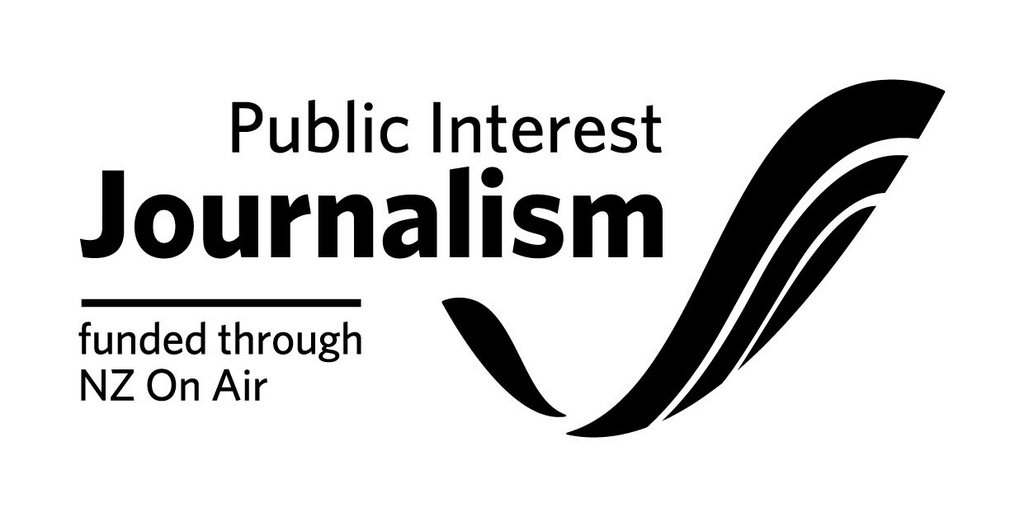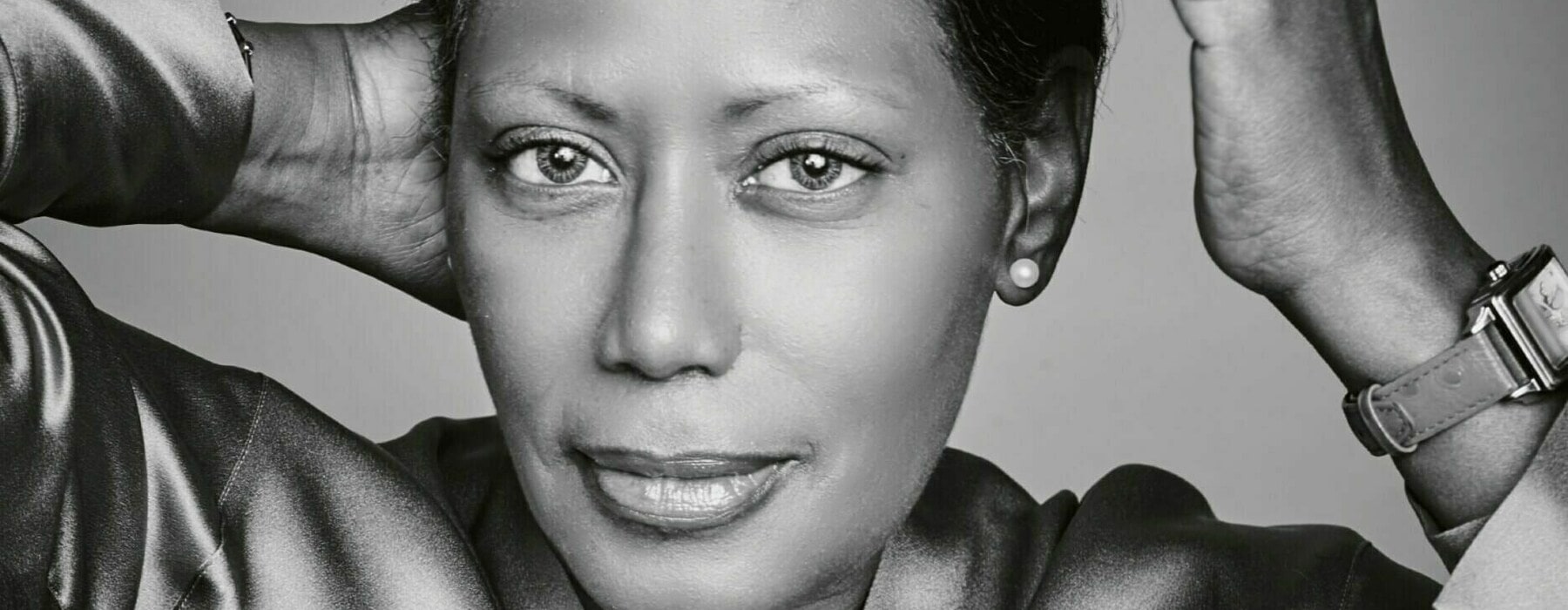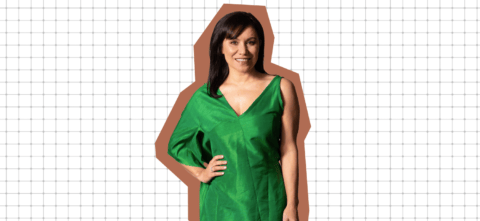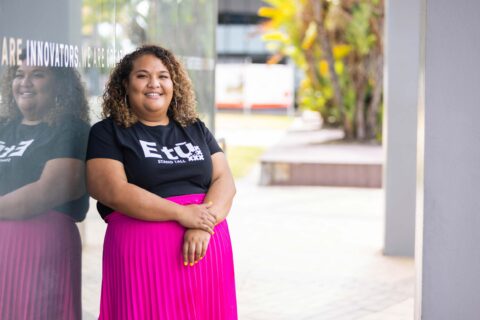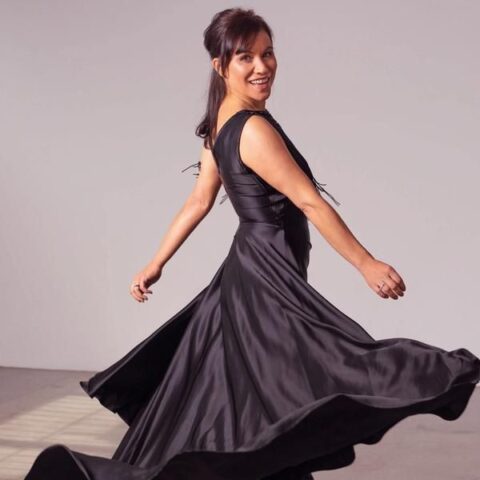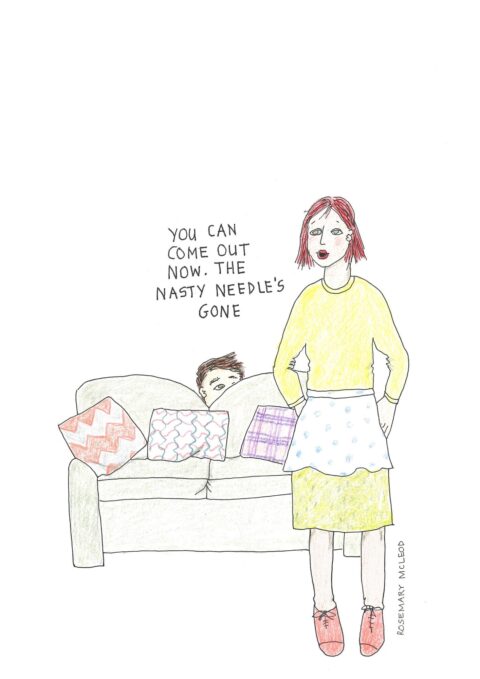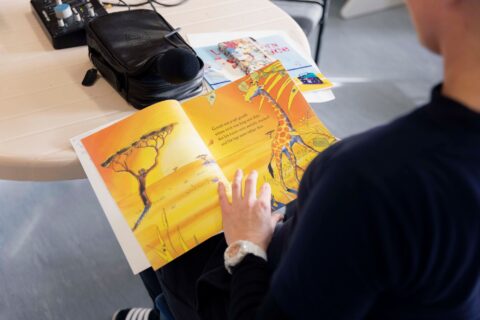Aroha Awarau talks to the American woman who says she was “reborn” in Aotearoa and was inspired to implement a learning programme to help Māori and Pasifika with numeracy and literacy.
Internationally renowned educationalist Dr Sydney Savion, who was born and raised on a farm in the US state of Virginia, stood with pride and mana in 2019 when she witnessed a group of mainly Māori and Pasifika workers of Air New Zealand receive a diploma in literacy and numeracy.
Presented by former All Blacks captain Tana Umaga, many of the graduates had not finished high school and struggled to speak and understand English. They completed a programme called Project Mana, which was implemented by Sydney, who saw the need to upskill our workers at one of our major organisations.
“There were many people who were part of the pilot programme, and their testimonials at the graduation were gripping,” Sydney says.
“They were now able to help their kids with homework, where they were not able to before. For some, it was their first piece of paper, an actual diploma because they had not been able to finish school.
“The level of confidence they had was amazing – they could now understand literacy and numeracy. People went on to apply for jobs because they had gained so much more confidence. It enhanced their communication. Their families observed their success and it inspired them in their own learning.”
Sydney was headhunted after an international recruitment search for the role for the General Manager of Learning position at Air New Zealand. In fact, she got the call while she was living in the US and in the middle of interviewing for an executive position at Facebook. She says a woman “with a strange accent” called from a recruitment agency and asked if she would be interested in the job and if she would be prepared to move to New Zealand.
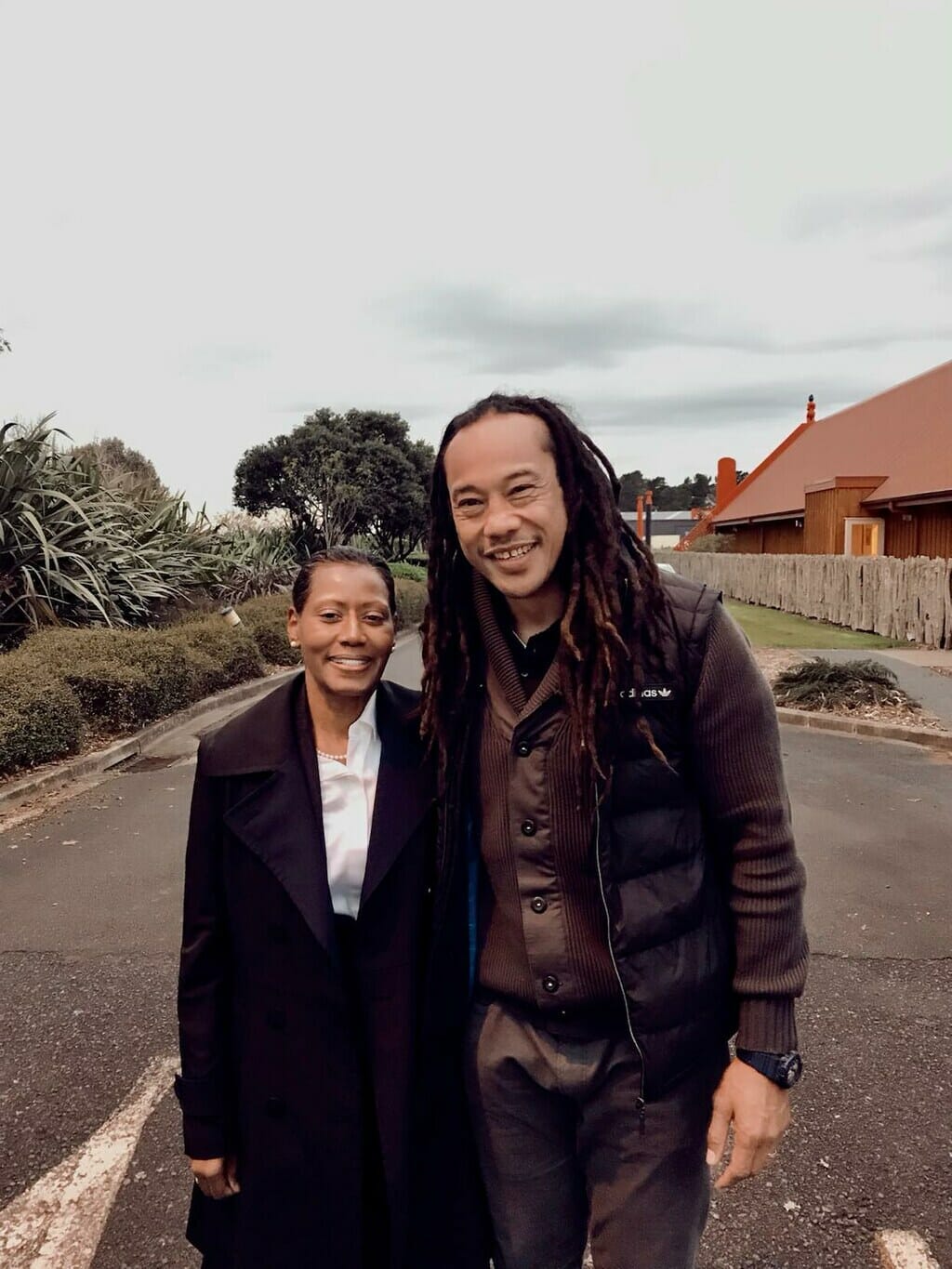
Sydney fell in love with New Zealand after visiting a year earlier for a holiday. Her grandmother was of Native American descent so Sydney instantly connected with the indigenous people of Aotearoa. She saw the phone call as a sign and took the plunge and came to New Zealand to fill the sought-after role.
“I’m a big believer in purpose and providence,” Sydney says. We are a result of our decisions. I feel that this role was taking me in the right direction. I feel like I was in the flow.
“Aotearoa grounded and transformed me. I’m the best leader I have ever been because of Aotearoa. The land brought me right back home. The Māori and Pasifika people took me in as part of their whānau – the connection and the energy that we share and our beliefs are very similar. I say I was born in America but reborn in Aotearoa.”
Sydney had the perfect credentials to lead the employees of Air New Zealand in their training and learning. She had earned a PhD in Education in Human and Organisational Learning specialising in behavioural science from George Washington University in Washington DC. She also had aviation experience, spending 21 years serving in the United States Air Force and working at bases all around the world.
“The context of my life in the military was about protecting and preserving the ideals of America and democracy. I held on to that oath and took the responsibility very seriously. That is what I was called up to do and what I signed up for. I served with honour and executed it to the best of my ability.”
When she arrived here in 2018, she saw another purpose in her life. It wasn’t long into her role at Air New Zealand that she saw the need to empower many of its staff by improving their literacy and numeracy. Pre-Covid, the company employed 12,500 staff members and operated passenger flights to 20 domestic and 31 international destinations in 20 countries. Despite being an award-winning airline, it was experiencing undesired ground occurrences relating to loading and unloading baggage, cargo, and towing duties that posed potential safety risks to employees and passengers.
Sydney investigated these incidents and discovered many of the service workers struggled with basic numeracy and literacy. In fact, when assessing various company documents, she found many had signed with an X, showing a lack of comprehension and understanding.
“I spent time within the business at the back of the house, with the cleaners, with the loaders, with bag handlers, with the people who were marshalling the planes,” she says.
“I spent time with people in all of the different roles to find out where we were in terms of our ability for all people to have digital access, and what I discovered is that not many had access to the information needed to properly do their jobs. They’re not sitting around looking at their phones or in front of a computer.
“As I was going on this journey, I discovered that we were training people and many of these workers did not understand the training.”
She also noticed that many of the workers who did not have these skills were from varied ethnic backgrounds and low-socioeconomic communities, reflecting Aotearoa’s low numeracy and literacy statistics. UNICEF reported in 2020 that only 64 percent of New Zealand’s 15-year-olds had basic proficiency in reading and maths, only 11.8 percent of adults had attained a Level 1 or below in literacy, and 18.9 percent attained Level 1 or below in numeracy. These figures are well below the worldwide averages, which are 18.9 percent for literacy and 22.7 percent for numeracy.
“I realised that the individual employees were by and large Māori, Pasifika, and immigrants, so for many of them, English was a second language,” Sydney says.
“This impacted their ability to understand, to participate, vie for jobs, and have confidence. We needed to do something about that.”
Sydney rallied the senior managers and advocated for Air New Zealand to implement Project Mana and believed that upskilling their workers in numeracy and literacy would improve their confidence and provide positive and productive outcomes for the company. She also partnered with Literacy Aotearoa to help establish the programme.
“I’m incredibly grateful for and proud of Project Mana. Helping someone to read, write and learn effectively is so rewarding. Literacy not only benefits the individual, but it also enhances the economic development, community well-being and society.”
One of the senior managers that Dr Sydney worked with was Christopher Luxon, who was CEO of Air New Zealand at the time and is now the National Party leader. She admired his leadership style.
“He was execution oriented. From a CEO’s perspective, he was like an American. I appreciated his style. You have a job to do, get on with it and produce the results,” she remembers.
Project Mana is a six-week program offered to employees. Participants are assessed and prescribed a specific programme based on their needs with the goal to elevate their literacy and numeracy. They are also given tablet computers to aid them in their learning.
Sydney has been recognised for her work in the book Women Community Leaders and Their Impact as Global Changemakers, which also features tennis sensation Naomi Osaka, New Zealand Prime Minister Jacinda Ardern and English actress Emma Watson, along with 50 other women who are making a difference.
“I was moved beyond measure when Project Mana was established. I had to do this and didn’t think about how it was going to happen or how it was going to be funded. I just knew that I needed to launch this.”
After five years in Aotearoa, Sydney returned to the US during the Covid-19 pandemic to be close to her whānau. We spoke to Sydney when she returned to New Zealand for a holiday. She says her visits will be frequent. She is currently based in New York where she is senior vice president of learning and growth at Cityblock Health, a Google venture created to support marginalised communities in the US.
“The goal is to close the health and inequity gaps for the poor, the immigrants, ethnic minorities, people that can’t afford insurance. We are trying to change the course of history of healthcare in the United States.”
She says her desire to travel the world and make a difference was inspired by growing up on a small farm in Virginia.
“I went on a transformational journey, leaving my community and going out in the world. I was determined to stand for something that was greater than myself.”
This is public interest journalism funded by NZ on Air.
